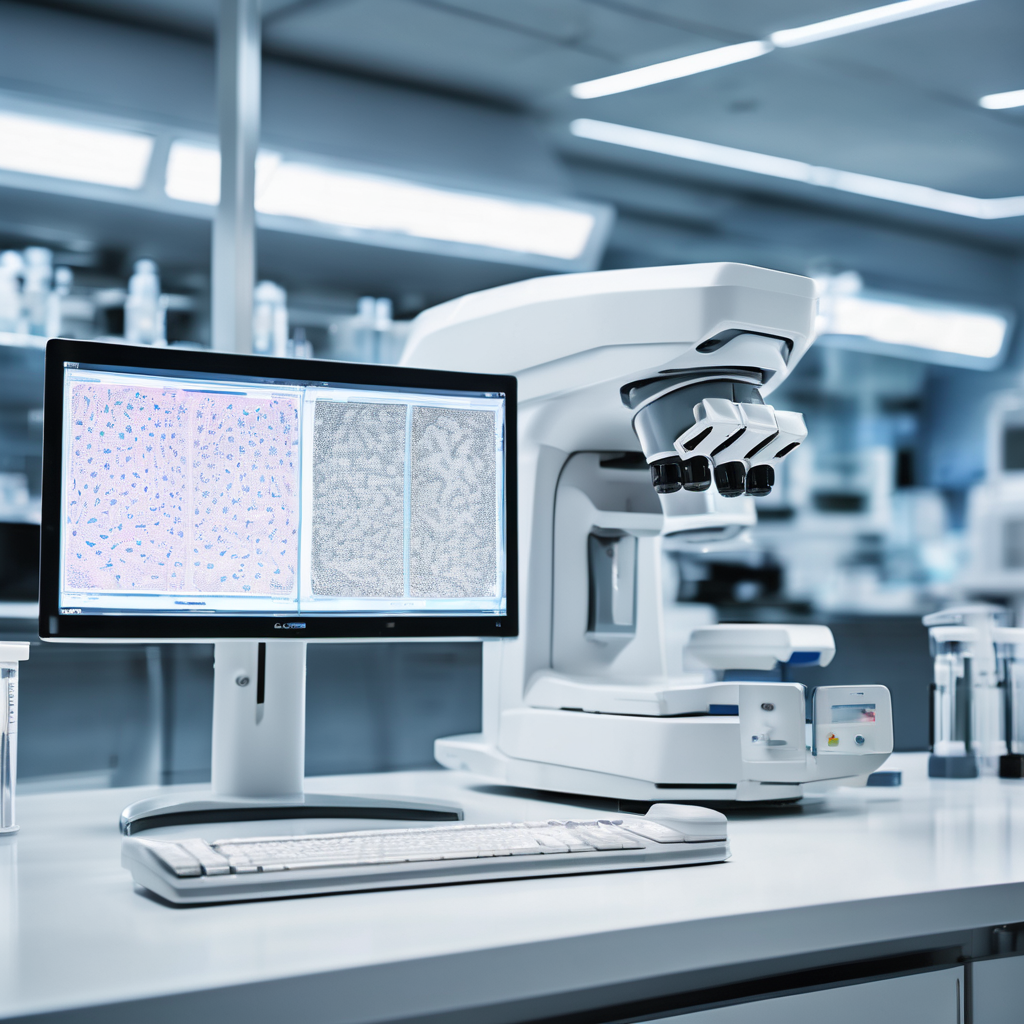
Cancer continues to cast a long shadow over global health, remaining one of the leading causes of mortality worldwide. However, the tide is turning, thanks to remarkable advancements in cancer detection technologies that are reshaping how we approach early diagnosis and prevention. Early detection plays a pivotal role in improving treatment outcomes and survival rates. Imagine catching a wildfire in its infancy—a slight spark that can be swiftly contained before it ravages the forest. Similarly, identifying cancer early drastically improves the chances of successful treatment, often making the difference between life and death. Innovations in genetic analysis, cutting-edge artificial intelligence (AI), and non-invasive screening tools are revolutionizing this critical phase of cancer care, offering new hope and tangible results.
Understanding the profound importance of early detection is key. For diseases like breast cancer, early diagnosis can lead to a staggering five-year relative survival rate of 99%. This means that if breast cancer is caught in its nascent stages, patients have nearly a full chance of surviving at least five years post-diagnosis—a remarkable statistic that underscores the value of timely intervention. Unfortunately, many types of cancer are still diagnosed too late, primarily because effective and widely accessible screening methods are lacking or underutilized. This delay often results in the cancer advancing beyond local control, making treatment far more complicated and prognosis poorer. It is a sobering reminder that while we have made progress, there is still a vital need for improved detection strategies that can reach broader populations.
Among the pioneering advances are genetic analysis and liquid biopsies. Traditionally, cancer diagnosis might have involved invasive procedures, but now, a simple blood sample can reveal the presence of devastating diseases with incredible precision. Liquid biopsies scan for circulating tumor DNA (ctDNA), minuscule fragments shed by cancer cells into the bloodstream. Techniques like CAPP-Seq (Cancer Personalized Profiling by Deep Sequencing) have propelled this approach into the spotlight by detecting these genetic signatures at extraordinarily low levels. This technology doesn’t just help in early detection—it can also monitor how well treatment is working or detect potential relapses, offering a dynamic window into a patient’s cancer journey. Alongside these laboratory breakthroughs, AI is transforming imaging technologies, such as mammography. AI-powered systems analyze mammogram images with incredible accuracy, minimizing false positives (which can cause unnecessary anxiety and procedures) and false negatives (which might miss a critical diagnosis). When AI teams up with the experienced eyes of radiologists, the chances of catching cancer early go up considerably.
Non-invasive screening methods are also making waves. One remarkable example is the Galleri™ test, a blood test capable of detecting over 50 different types of cancer. Unlike traditional screenings that often focus on one type of cancer—such as mammograms for breast cancer or colonoscopies for colorectal cancer—Galleri™ offers a broad net, identifying various cancers at an early stage from just a simple blood draw. This test is especially promising due to its low false-positive rate, which means fewer people will be frightened by misleading results and undergo unnecessary procedures. As the quest for early detection tools accelerates, such comprehensive and less invasive approaches could become routine, potentially saving countless lives.
Against this backdrop of innovation, OncoPreventer emerges as a groundbreaking platform empowering individuals in the fight against cancer. Rather than relying on a one-size-fits-all approach, OncoPreventer uses personalized genetic information to identify an individual’s unique cancer risk profile. This highly tailored assessment allows for prevention strategies that are not generic but instead resonate with each person’s biology and lifestyle. From there, the platform crafts customized prevention plans that encompass dietary advice, supplement guidance, regular health check-ups, and lifestyle changes to target specific risks effectively. Notably, OncoPreventer integrates modern screening technologies that are non-invasive and can be completed in the comfort of one’s home—a significant advantage for those with limited access to medical facilities or those seeking convenience without compromising thoroughness. Furthermore, the system offers continuous monitoring and updates, recognizing that health is dynamic and that prevention strategies must evolve alongside changes in an individual’s body and habits.
OncoPreventer exemplifies the fusion of genetic analysis, AI, and preventative oncology, working collectively to put the power of cancer prevention into the hands of the individual. Research suggests that up to 80% of cancers might be preventable through early detection and appropriate lifestyle modifications, painting a hopeful picture for public health. By offering a user-friendly, science-driven approach, OncoPreventer not only enhances accessibility but also reduces the intimidation and complexity often associated with cancer prevention. It’s akin to having a personal health coach and monitoring system rolled into one—consistently guiding you toward choices that lower your cancer risk and provide peace of mind. As cancer detection technologies advance, tools like OncoPreventer are vital instruments for ushering in a future in which cancer is no longer feared as an inevitable fate but confronted proactively and effectively.
The rapidly evolving landscape of cancer detection technologies offers remarkable promise for the future. From liquid biopsies and AI-powered imaging to revolutionary blood tests like Galleri™ and personalized platforms like OncoPreventer, these innovations are changing the story of cancer from reactive treatment to proactive prevention. This scientific revolution empowers not only healthcare providers but individuals themselves to engage in their health proactively. A future where cancer is both treatable and largely preventable is within reach, shining a hopeful light on a long-standing medical challenge. Embracing these advancements, we stride toward a world where cancer detection is swift, precise, and accessible, ultimately saving countless lives and easing the burden on healthcare systems globally.
#CancerDetection #EarlyDiagnosis #LiquidBiopsy #ArtificialIntelligence #OncoPreventer #CancerPrevention #HealthInnovation
Leave a Reply